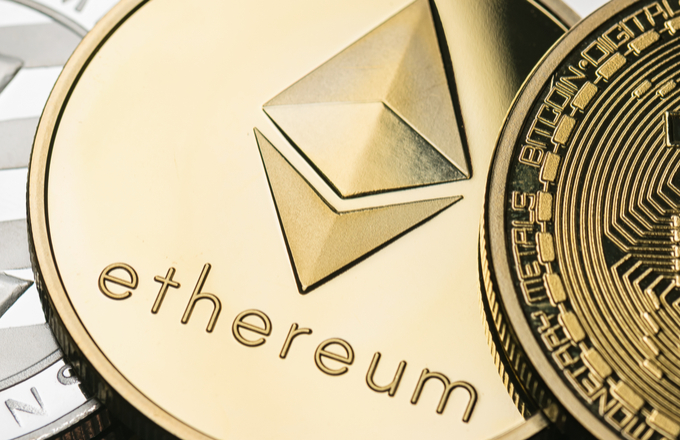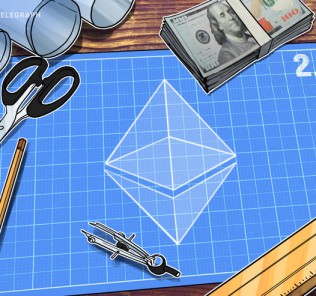
By establishing a direct connection between the everyday investor and entrepreneurs, initial coin offerings (ICOs) were supposed to revolutionize fundraising for startups. As things have turned out, however, that revolution can wait. Per the latest statistics, ICOs have become vehicles for accredited investors to make bets in the market for blockchain and cryptocurrency startups. A significant portion of the $18 billion raised by blockchain startups this year has gone to “blockbuster sales” aimed at accredited investors rather than mom-and-pop investors. (See also: The Rise Of Initial Coin Offerings.)
According to data from Coinschedule, an ICO listing and cryptocurrency portal, the top five such private sales accounted for $2.6 billion of the total amount raised. The portal also found that 18% of overall ICO sales are through private sales and 37% were exclusively through private presales. Those numbers have come down from earlier this year, but they are still further confirmation of the increasing hold private players have on ICO blockchain projects. Earlier this year, research firm Token Data revealed that approximately 58% of all ICOs had raised their full fundraising amount through presale rounds, which is to say, by approaching private investors for funding instead of doing a public sale of their tokens. (See also: What Crackdown? ICOs Have Raised $2 Billion This Year.)
Why Are ICOs Becoming Private?
The answer to that question lies in a single word: regulation. Regulatory scrutiny, whether in the form of pronouncements by SEC and Fed officials or a crackdown by law enforcement authorities, has spooked entrepreneurs. Previously, the rapidly-proliferating ICO landscape was a free-for-all ecosystem, where talented engineers and scammers set up shop. However, the constant media spotlight on cryptocurrencies has attracted the attention of regulatory authorities. The SEC has already issued multiple warnings against ICOs and cracked down on dubious offerings, even those that were endorsed by high profile individuals.
The overall effect of increased scrutiny by authorities has been to multiply regulatory hoops for entrepreneurs wishing to do a public offering. For example, there has been considerable controversy over the status of utility tokens, which require fewer disclosure forms and checks from the SEC and which are favored by most startups opting for an ICO. But SEC chief Jay Clayton sounded a warning to startups when he asserted that most ICO tokens he had seen were security tokens, or ones that require greater disclosure. His statement introduced uncertainty in cryptocurrency markets as the agency has not clarified its stance regarding ICOs. (See also: SEC Chair Warns Cryptocurrency Investors To Beware.)
Lex Sokolin, global director of fintech strategy at Autonomous Research, told Bloomberg that the (cryptocurrency) space went from three things to think about (before an ICO) to 30 things to think about, and those 30 things are very analogous to traditional finance. Uriel Peled, co-founder of Orbs, raised $120 million from private investors earlier this year and told Bloomberg that private sales are the best kind of ROI because they come with the least uncertainty and least risk for regulations. Preparing for a security token sale is also costlier and takes more time as compared to an ICO for utility tokens. Sokolin estimates an average cost of $1 million to $3 million for a security token sale.
Private sales to accredited investors also shift costs of conducting a public ICO. Entrepreneurs have increasingly begun issuing a bonus (or discount) on their tokens to private investors. A pop in the token’s price upon listing at a cryptocurrency exchange enables these investors to exit their position at a profit. It also helps bankroll the increased costs for compliance and operations at the startup to conduct a security token sale. In some cases, private sales are also a method for venture capitalists and institutional players to invest in the startup. As such, they may not exit their position during a public token sale.
Investing in cryptocurrencies and other Initial Coin Offerings (“ICOs”) is highly risky and speculative, and this article is not a recommendation by Investopedia or the writer to invest in cryptocurrencies or other ICOs. Since each individual’s situation is unique, a qualified professional should always be consulted before making any financial decisions. Investopedia makes no representations or warranties as to the accuracy or timeliness of the information contained herein. As of the date this article was written, the author owns small amounts of bitcoin and litecoin.





























